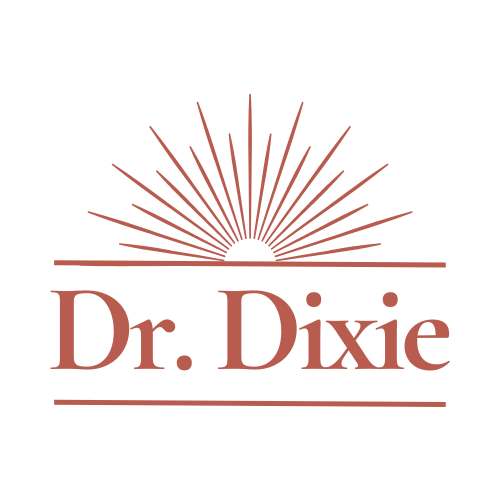SIBO and the Effect on Irritable Bowel Syndrome
There are no shortage of digestive complaints these days and most are commonly diagnosed as "irritable bowel syndrome" (IBS). IBS is commonly caused by stress. Here's another possible, commonly overlooked cause.
There are no shortage of digestive complaints these days and most are commonly diagnosed as "irritable bowel syndrome" (IBS). IBS is commonly caused by stress. These stressors include chronic stress, an imbalanced diet, medication or lifestyle. What is behind this diagnosis? We know our bowels are irritable, but what is it making us that way a what can we do about it?
One of the root causes being commonly overlooked is Small Intestine Bacterial Over growth (SIBO). SIBO is caused by inefficiency of the digestive tract which creates an imbalance is our gut bacteria.
How does SIBO Relate?
After food is broken down from the stomach, the nutrients are absorbed in the small intestine. After food nutrients are absorbed, waste is formed throughout the large intestine. The large intestine’s concentration of bacteria is higher, because most bacteria ingested is then destroyed by stomach acid. The digestive tract pushes bacteria forward, and does not allow large intestine bacteria to cross back into the small intestine, through the ileocecal valve. This creates an imbalance in the intestines. An overgrowth of bacteria can cause headaches, digestive disorders, and fatigue. In Chinese medicine we call this an overgrowth of Yin. Other causes of an imbalance of bacteria can be stress, a weakened immune system, and lowered gastric acid (those who regularly consume over the counter antacids or the elderly) and irregular peristalsis.
SIBO is hard to catch via the breath test; only 10 percent of the time it is accurately found using the most common test using the breath to measure gas emittance. In the clinic we most commonly use signs, symptoms and elimination method to see if SIBO program would work for the patient.
The imbalance or overgrowth of YIN "bad bacteria" causes digestion to slow down creating fermentation of food which form gases. Over time, these gases cause extra bacteria to grow in the small intestine that will start to ferment sugars, fiber, certain probiotics, and starch. If left untreated, the small intestinal lining can be worn down, causing chronic malabsorption and bacterial overgrowth. This weakens the immune system and compromises the balance in our flora leading to an overgrowth of bacteria in our intestines. The end result can be uncomfortable digestive symptoms such as bloating, constipation, diarrhea, brain fog, and stomach pain.
Supplemental support, nutritional restriction of sugars and starches, and exercises to increase digestive motility are necessary to reduce the SIBO, and increase the balance to the gut beginning from the mouth all the way down to the anus. Nutrition and supplements can also help by killing off and starving out “bad bacteria” in the wrong location so that we can restore harmony to the system and absorb our nutrients. With the digestion system balanced and operating at full capacity, we feel better and not only do digestive symptoms clear up, but so can the brain fog and other brain degeneration symptoms.
The SIBO Protocol
Increase our digestive mobility in four ways:
1. Get acupuncture once or twice a week. Make sure you leave with ear seeds or magnets in your ear to stimulate the Parasympathetic Nervous System and the Vagus nerve which stimulates motility and emits endorphins.
2. Gargle with water throughout the day to stimulate the vagal motor nuclei by utilizing the palate muscles. Gargle insistently in order to induce tearing of the eyes.
3. Repeatedly induce gag reflex by pressing down on your tongue.
4. Perform a organic coffee enema daily to activate enteric motility. Hold in enema contents as long as possible.
Remove:
Sugars, fiber, certain probiotics, and starch that cause more bacteria growth
Take the one or more of the following supplements:
Clearvite - for Liver support
Evergreen Chinese herbs- antibacterial western herbs essential to restore balance
Probiotics - specific probiotics
Digestive Enzymes and Hydrochloric Acid(HCl) when indicated
Foods to Avoid:
Proteins: beef, lamb, pork
Sugars (Fructose): natural and artificial sweeteners (honey, agave, stevia, sorbitol, mannitol, xylitol, etc.), anything made with corn syrup
Grains: all wheat products, all gluten-free grains (amaranth, quinoa, millet, buckwheat, tapioca, etc.), all corn products (cornstarch, corn flour, cornmeal, etc.), rice
Legumes/Galactans: beans, chickpeas, lentils, peas, soybeans
Dairy Products: all animal and whey sources
Fructan-Containing Vegetables: artichokes, asparagus, beets, broccoli, Brussels sprouts, cabbage, cauliflower, green peppers, lettuce, mushrooms, okra, onions, peas, shallots
High-Starch Vegetables: plantains, potatoes, sweet potatoes, yucca
High-Fructose Fruits: apples, bananas, blackberries, cherries, currants, dates, grapes, kiwifruit, mangos, nectarines, peaches, pears, persimmons, plums, prunes, pomegranates, raisins, watermelon
Recommended Foods:
Proteins: chicken, fish, eggs
Nuts: all nuts except pistachios
Low-Fructose Fruits: apricots, avocados, cantaloupes, grapefruit, honeydew melon, lemons, limes, oranges, pineapples, raspberries, strawberries, tomatoes
Vegetables: all vegetables except those that contain fructans and high starch (see previous list)
Fats: animal fats, oils

